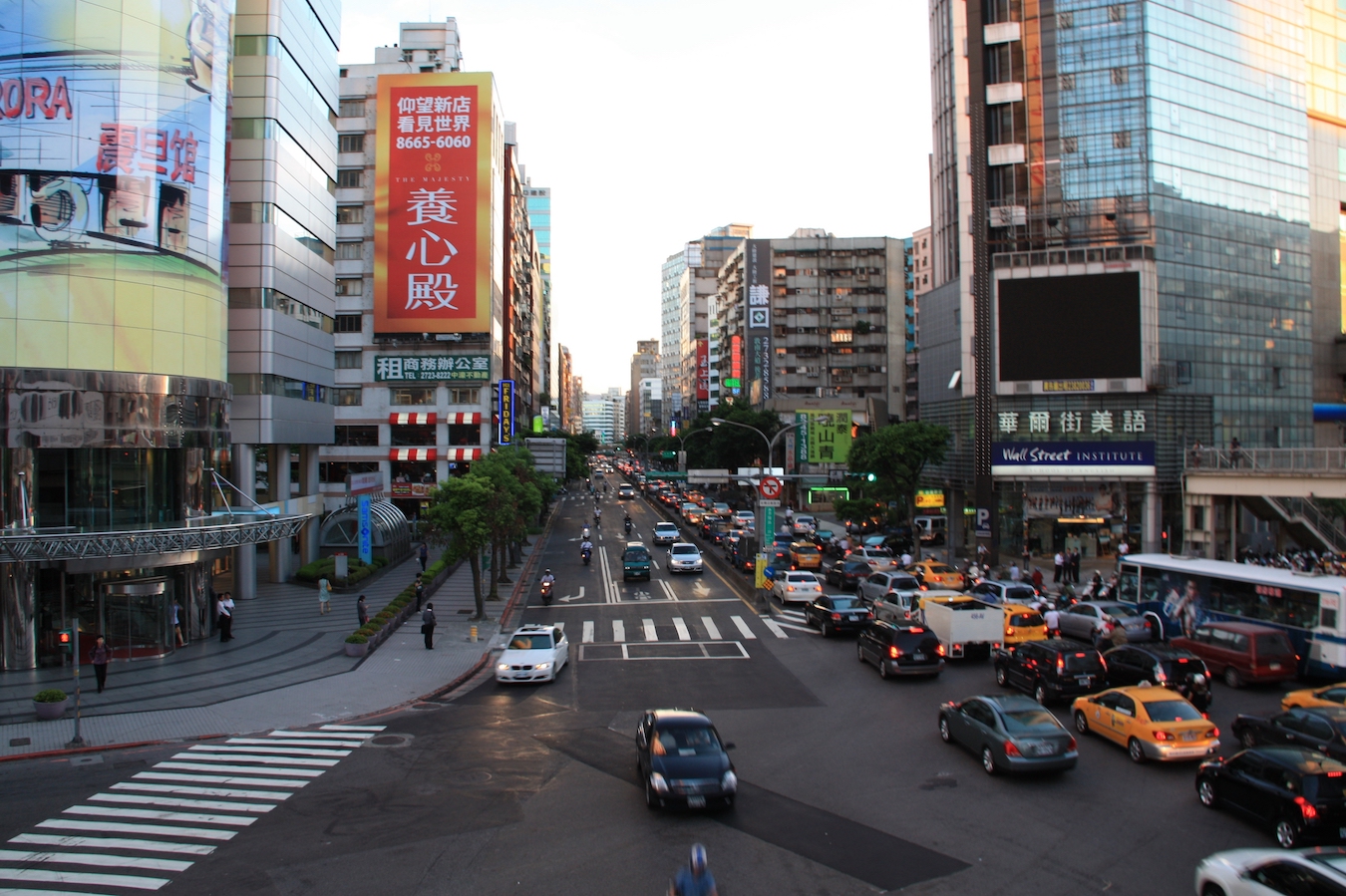by Brian Hioe
語言:
English
Photo Credit: Ocean taiwan/WikiCommons/CC BY-SA 4.0
IT SURPRISED FEW when the Taiwanese government turned down a petition requesting a four-day workweek, with three-day weekends. The Taiwanese government is obligated to formally respond to petitions that reach a certain number of signatures on the National Development Council’s Public Policy Online Participation Platform.
The government claimed, rather disputably, that the majority of Taiwanese society would not approve of a four-day workweek. Nevertheless, to this extent, the government response cited how industry groups would see disruption from the lowering of working hours, and affect industries ranging from transportation and communications to the health and education sectors. In particular, the response stated that elementary school students would have to attend two more hours of classes per day if there was a shift to a four-day workweek.
Otherwise, however, the government stated that there were not many examples of countries across the world that have shifted to a four-day workweek and so data was insufficient on the potential effects. Certainly, this is true enough, with the majority of the world’s countries still adhering to the capitalist grind of the five-day workweek–something that organized labor had to fight for to win, to begin with.
But it proves ironic for the government to turn down the petition on such auspices. Taiwan has ranked the country in the world with the fourth longest working hours for consecutive years, according to government statistics. Likewise, the Tsai administration’s first term saw protests against cuts to seven public holidays. At the time, the Tsai administration also declined calls from organized labor for two set days off per week but instead mandated one set day off per week alongside a “flexible rest day” in which workers could still be made to work. In this, the Tsai administration was framed as undoing twenty years of labor reforms in Taiwan.
 Photo credit: Lord Koxinga/WikiCommons/CC BY-SA 3.0
Photo credit: Lord Koxinga/WikiCommons/CC BY-SA 3.0
Clearly, there is a demand for more days off in Taiwan, as the protests indicated during this time. But the imperative of the government is often to maintain working conditions in Taiwan so that companies will be incentivized to stay in Taiwan, rather than shift production to China or elsewhere. As such, the government is incentivized to side with corporations and conglomerates over the working people. This applies not only to working conditions, as in working hours, but also to low salaries in Taiwan–corporate groups have similarly taken a stance against minimum wage hikes in the past. Moreover, this even applies to the distribution of natural resources in Taiwan, such as water rationing in central and southern Taiwan in part because of semiconductor and other electronics manufacturing requiring significant water supplies.
Apart from the need to prevent companies from offshoring, corporations historically have been in a strong position to inveigh upon the government, a phenomenon in Taiwan that goes back to the history of the developmentalist state. And Taiwan is sometimes framed as maintaining its advantages in international economic competition precisely through its brutal work culture.
Indeed, past years have seen increased international attention on the semiconductor industry and the dominance of giants such as TSMC, particularly after the US-China trade war and COVID-19 outbreak made it increasingly apparent to what extent the world depends on Taiwan for semiconductor supply chains. Such international media coverage has generally passed over, however, the extent to which semiconductor manufacturing is dependent on migrant work. Furthermore, Taiwan’s successes in the electronics field have sometimes been attributed to the work ethic of Taiwanese workers in a manner difficult to replicate elsewhere–TSMC’s difficulties with its Arizona plant have been attributed to the difficulty replicating the work ethic of Taiwanese workers in America, for example.
In this way, though the response of the government in even failing to consider the idea proves disappointing, it should not surprise. And, unfortunately, workers are not sufficiently organized in Taiwan to push the government on the issue, even if most seem aware of the issue of low salaries, long working hours, and few holidays in Taiwan.

